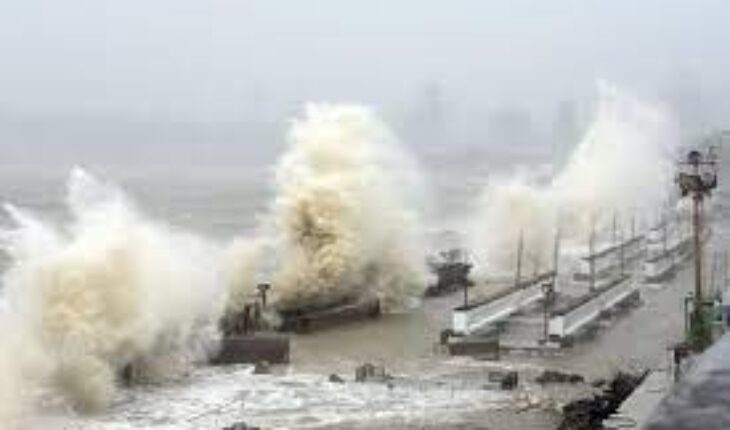India’s capacity to withstand multiple, near-simultaneous shocks is being tested, with a Very Severe Cyclonic Storm, Yaas, striking Odisha, just a week after an even stronger Cyclone Tauktae wreaked havoc along the west coast. Yaas, which put up an unnerving display of tornadoes and rain, smothered the north Odisha coast as it made landfall, but the preparatory mass evacuation from habitations appears to have limited the loss of life. Yet, thousands have lost houses and property. West Bengal and Jharkhand also bore the brunt of the weather system’s force, as it punched its way inland from May 26, weakening into a deep depression. All coastal States facing the Bay of Bengal have always been in the path of severe cyclones, the majority following the withdrawal of the monsoon, but their vulnerability may be growing as pre-monsoon and post-monsoon storms increase in frequency and strength. Moreover, for the second year running, States have been hobbled by the COVID-19 pandemic. The 2021 season comes as another reminder that India will have to improve its resilience to cyclones. Governments are, no doubt, more sensitive to loss of life today and are raising the capacity of the disaster response forces, but much work needs to be done when it comes to protecting assets and creating fiscal instruments to help people rebuild their lives. While the full extent of displacement and losses from Cyclone Yaas is yet unknown, past experience points to a growing threat to overall well-being from such catastrophes. The challenge is to address the risk of cyclones and other extreme weather events using specific funds, making citizens members in a social insurance model. Moreover, considering the negative climate change impact on tropical cyclones, rebuilding should use a green, build back better approach. Cyclones will otherwise take the shine off economic progress.
Cyclones may blow away the economic sheen
Published Date: 03-06-2021 | 1:56 am




